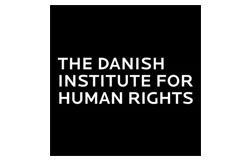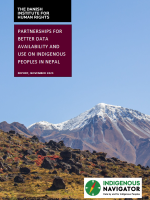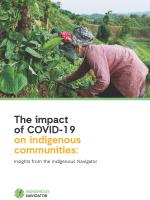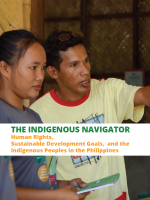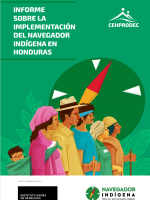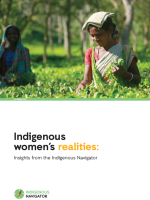PARTNERSHIPS FOR BETTER DATA AVAILABILITY AND USE ON INDIGENOUS PEOPLES IN NEPAL
In august 2023, a workshop was held in Kathmandu to discuss and raise awareness to data on indigenous peoples in Nepal.
Participants were introduced to and discussed opportunities and limitations of existing data, including official data and the citizen-generated data collected by indigenous peoples using the framework of the Indigenous Navigator.
The workshop was organized by the Danish Institute for Human Rights in collaboration with the Lawyers’ Association for Human Rights of Nepalese Indigenous Peoples (LAHURNIP) and the National Human Rights Commission (NHRC). The participants included representatives from national state institutions and civil society organizations with a stake in monitoring, protecting, and/or implementing the rights of indigenous peoples in Nepal, the European Union, the Danish Honorary Consulate, and the United Nations Statistics Division (UNSD).
The purpose of the workshop was to create a space for dialogue and interaction between representatives of the indigenous communities, data producers and policy makers to uncover the complementary value between existing data from traditional and non-traditional sources.
The workshop concluded that there is a significant gap when it comes to disaggregated data on indigenous peoples in Nepal, especially concerning their status on a wide ranch of development indicators within the fields of health, education, employment, landownership etc. The gap is not only a matter of data not being collected, but also a matter of the collected data not being trusted, processed and/or disseminated in a digestible format.
To address the issues related to gaps, trust, quality, and use of data, there is need for establishing collaborations between the indigenous peoples’ organizations (IPOs) and key national institutions which attended the workshop, including with the National Statistics Office (NSO), the National Planning Commission (NPC), and the human rights Constitutional Commissions such as the NHRC, the Indigenous Nationalities Commission (INC), the Tharu Commission, the Language Commission, and other actors.
Four points for collaboration have been identified as a result of the workshop:
1. Validation of the existing data from the Indigenous Navigator
2. Review/co-development of methodology for future Indigenous Navigator data collection
3. Improvement and utilization of official data
4. Advocacy and advice to government
This report will (a) present the data available on indigenous peoples including government data, the data collected by the indigenous peoples themselves using the Indigenous Navigator and other relevant data sources (b) dive into the four action points and proposed areas of collaboration and (c) articulate the main recommendations from the participants of the workshop.
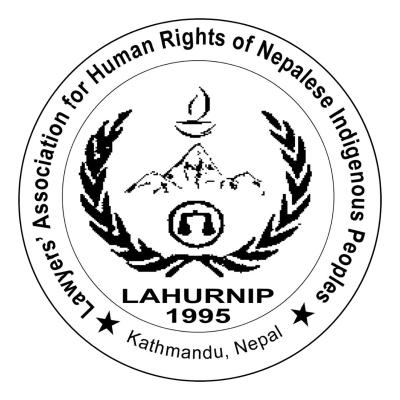
Lawyers' Association for Human Rights of Nepalese Indigenous Peoples (LAHURNIP)
